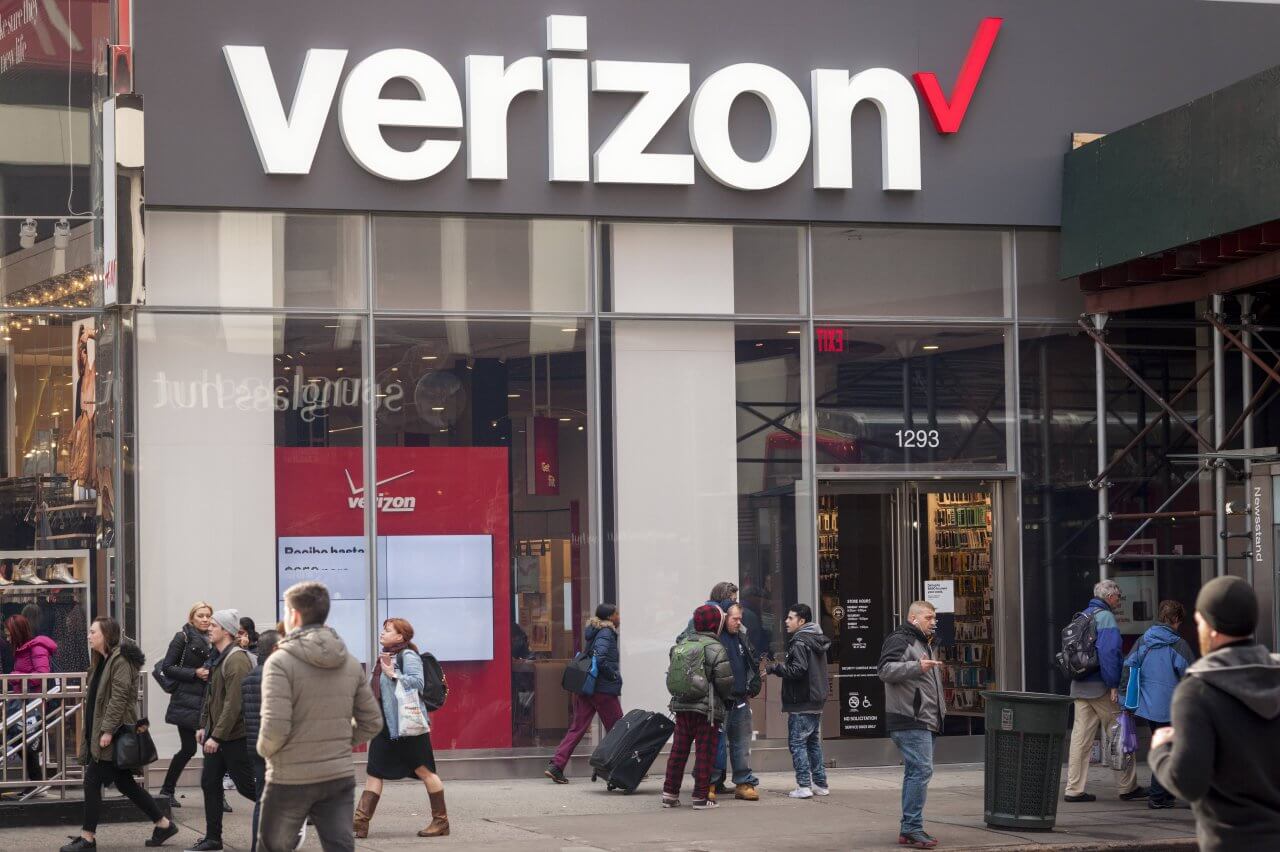Why it matters: Verizon currently does not have its own streaming TV service to compete with the likes of DirecTV Now, PlayStation Vue, or Sling TV. The company hopes to partner with tech giants Apple or Google to roll out a streaming TV service that showcases its 5G cellular technology.
According to a Bloomberg report, Verizon is apparently looking for a partnership with either Apple or Google to roll out a 5G streaming TV service. The service would likely replace the current Fios offerings.
Chief Financial Officer Matt Ellis explained Verizon's strategy at an investor conference back in May:
"The debut of 5G online TV with either Google's YouTube TV or Apple TV will be used to showcase the technology and mark Verizon's first competitive live TV venture outside its predominantly East Coast service area. But the live-TV partnership might not be permanent. Verizon is opting for outside help until it gets 'comfortable' with its own internet-based video service".
As a point of clarification, "Apple TV" isn't referring to the actual hardware, but rather a service offering. Despite failed attempts in the past, Apple has been steadily attempting to beef up its original video content as well as streamline existing content from third party services. Adding a streaming TV subscription via Verizon might help boost Apple's efforts tremendously.
Partnering with Google would be an interesting option considering Google already has a streaming TV option with YouTube TV. Perhaps that offering would be augmented by Verizon's existing TV infrastructure allowing YouTube TV to greatly expand the number of channels it currently offers.
Hinging on either of these efforts is the promise of speedy, reliable 5G. None of the major wireless carriers have rolled out 5G commercially although Verizon plans to launch in four major cities by the end of 2018. Proponents of 5G claim that the technology can match or exceed existing landline connections, however, one can wonder if other factors such as weather or certain building materials would affect the speed and reliability.
Additionally, Ellis points out that the partnership might not even be permanent and just might be a way for Verizon to stretch its legs on 5G before it builds its own service separate from Apple or Google.
